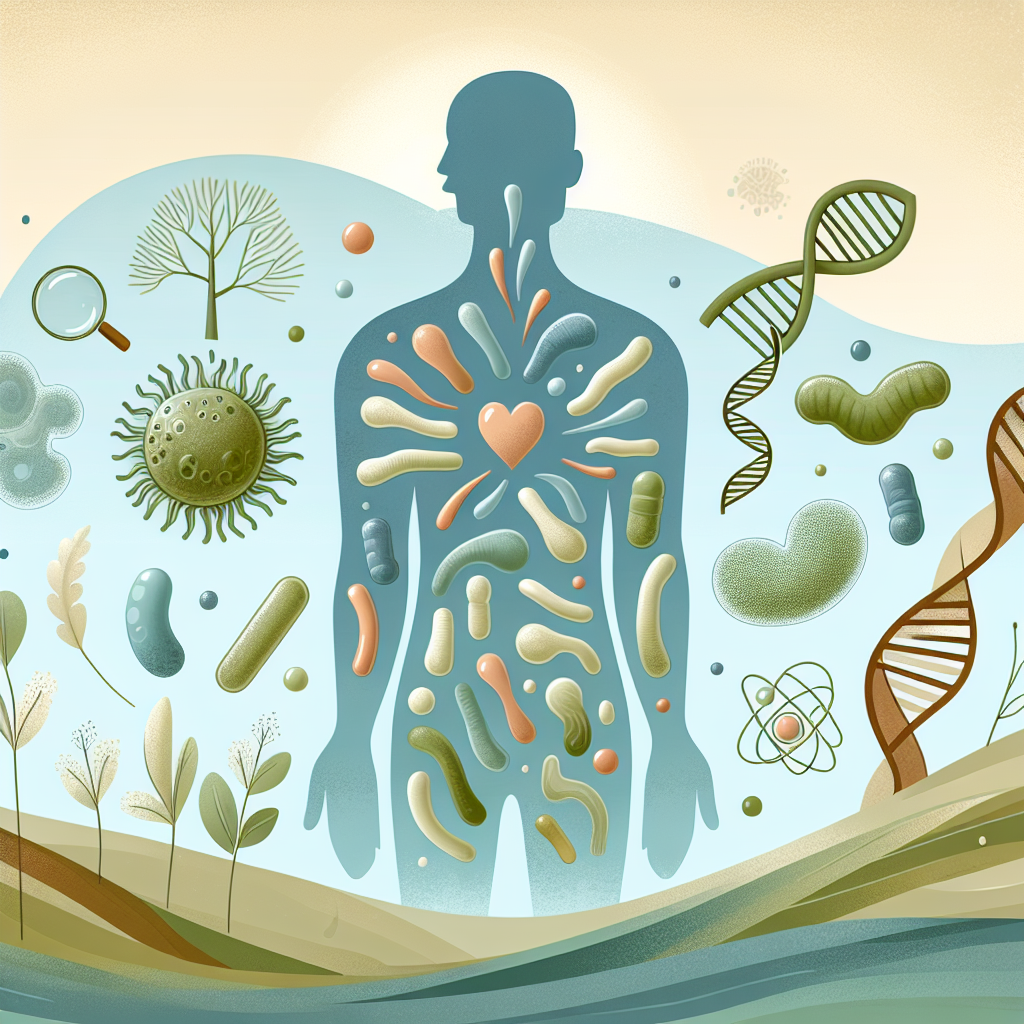### Exploring the Revolutionary Role of Microbiomes in Human Health
We’ve all heard about bacteria, those microscopic organisms that come in different, some beneficial and others harmful, types. But have you ever heard about microbiomes? If your answer is no, don’t worry, you’re not alone.
The subject of microbiomes has been trending and could be game-changing in the field of health science. It’s an exciting frontier for research, and its findings have implications for treating a variety of health ailments.
#### Understanding Microbiomes
The term ‘Microbiome’ refers to the trillions of bacteria, viruses, and fungi that inhabit our bodies, especially in the gut. Sudden changes in the composition and diversity of these microorganisms can significantly impact our well-being, leading to chronic health illnesses like obesity, diabetes, heart disease, and even mental health disorders.
A balanced microbiome is crucial for maintaining our overall health, which is why it has become essential for us to understand the biology of microbiomes and their interactions within our bodies.
#### Microbiomes and Health Disorders
In recent years, scientists have found correlations between the composition of gut microbiota and various health disorders. For instance, studies reveal that people with obesity have a different microbiota composition compared to those with a normal weight.
Moreover, pathologies like Crohn’s disease and Ulcerative Colitis, both inflammatory bowel diseases, have also been linked with changes in the diversity and abundance of specific bacterial populations in the gut. The same goes for neurological disorders, such as Parkinson’s and Alzheimer’s, where researchers notice an altered gut microbiota.
#### Providing Options for Treatment
Understanding the critical role of microbiomes opens up new possibilities for treatment. One of the emerging therapeutic approaches is through microbiota transplantation, more commonly known as Fecal Microbiota Transplant (FMT).
FMT has been used successfully to treat Clostridium difficile infections, which occur when the balance of bacteria in the gut is disrupted. FMT helps restore the balance by transferring healthy microbiota from a donor to a patient via a colonoscopy or oral capsule.
#### Importance of Diet
Our diet plays a significant role in shaping our gut microbiome. Eating a diverse range of foods, particularly fiber-rich and fermented foods, can promote a more varied gut bacteria, which benefits our health. Additionally, diet alterations can substantially modify the gut bacteria diversity within a few days, emphasizing the potential of dietary interventions on gut microbiota and overall health.
#### The Road Ahead
The study of microbiomes is a relatively new field, and while the initial findings are promising, there’s still much to uncover. Accordingly, research is unfolding about the degree to which we can manipulate the microbiome to improve health or cure diseases.
With the ever-progressing field of science, we await further research to reveal the complexities and potential of our body’s microscopic inhabitants, our microbiomes.
—
In the meantime, it’s never too early to start taking care of your microbiome. Eating a balanced diet, maintaining a healthy lifestyle, and seeking regular health check-ups can contribute towards a healthy microbiome, ultimately leading to a healthier life. Remember, these tiny microorganisms in our gut may have a lot to say about our overall health.
We’ve unlocked a secret to healthier life, let’s harness it to its fullest potential!


